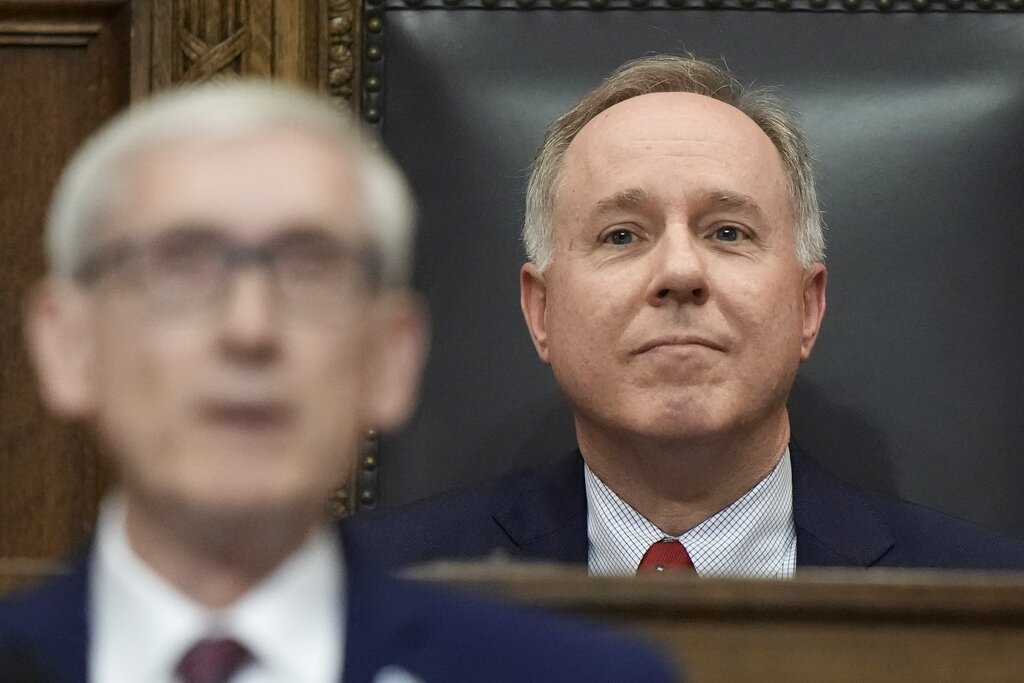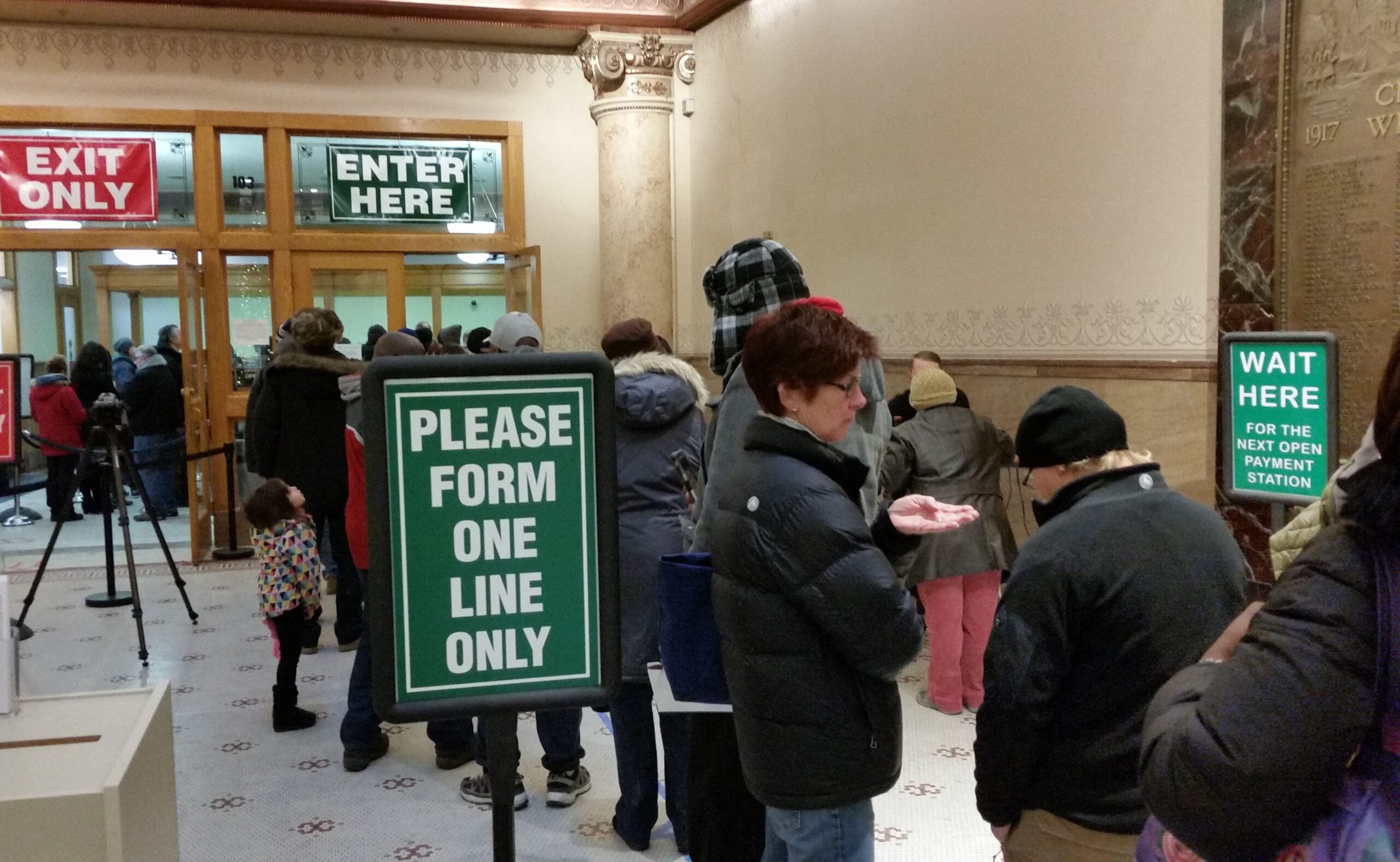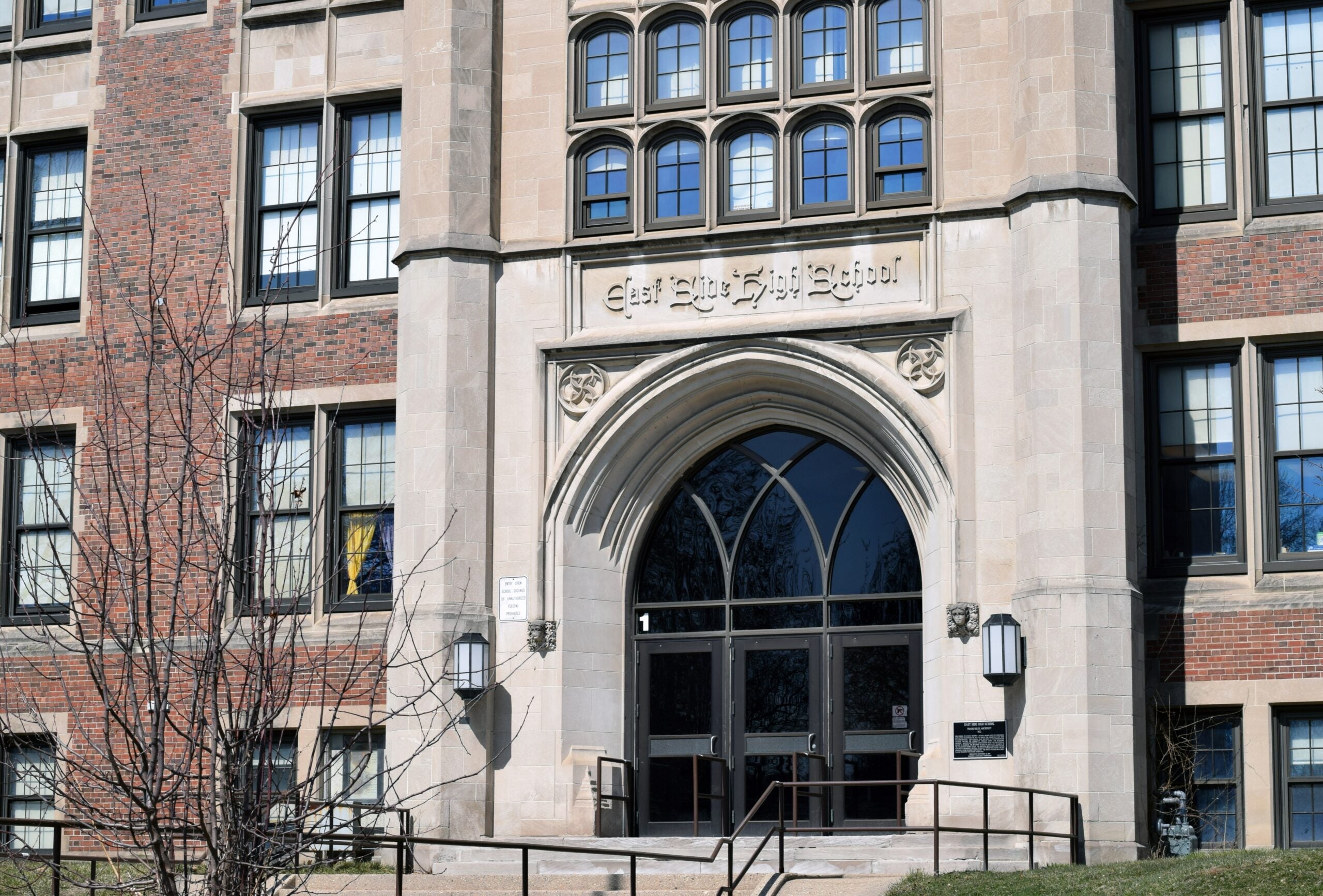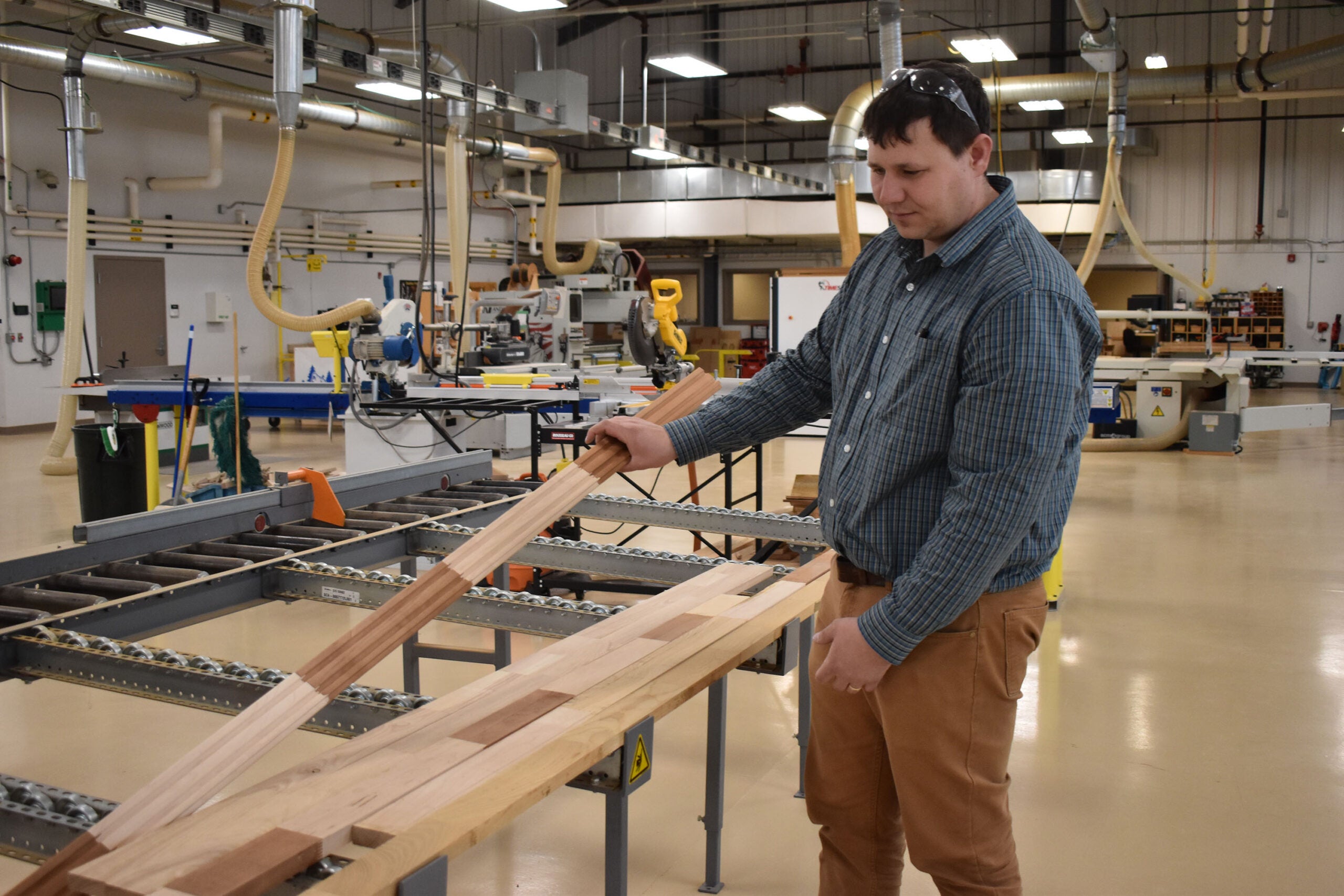Concerns about property taxes have lawmakers looking at other ways to fund the state’s 16 technical schools. They’re also considering changes that could reduce local control of technical schools.
Historically, the property tax has been the largest source of revenue for the Wisconsin Technical College System, a sore point for some taxpayers and the Wisconsin Realtors Association. In the last budget, the state put $406 million towards technical schools in an effort to shift some of the system’s funding away from property taxes.
The WRA’s Joe Murray supports the state increasing its share of funding to 45 percent, but urged lawmakers to consider funding technical schools in the future without any property taxes.
News with a little more humanity
WPR’s “Wisconsin Today” newsletter keeps you connected to the state you love without feeling overwhelmed. No paywall. No agenda. No corporate filter.
“From our experience, after watching this debate over the last 30-35 years, the only way you ultimately start and keep property taxes going in a certain direction is to take stuff off the property tax,” said Murray.
That leaves the question of where money for technical schools would come from, according to Josh Dukelow from the Fox Cities Chamber of Commerce.
“The same people who pay property taxes to support technical education pay municipal taxes to support law enforcement, pay school taxes to fund primary education, pay income taxes to fund state services and pay sales tax when they shop or dine,” said Dukelow. “To maintain our premier educational resources in Wisconsin, we will have to pay one way or another.”
Dukelow also expressed concern about possible changes in governance of technical schools, saying a more centralized approach wouldn’t be as quick to meet the needs of local business. He said each area of the state has different workforce needs that may not be suited for state control.
Wisconsin Public Radio, © Copyright 2026, Board of Regents of the University of Wisconsin System and Wisconsin Educational Communications Board.







